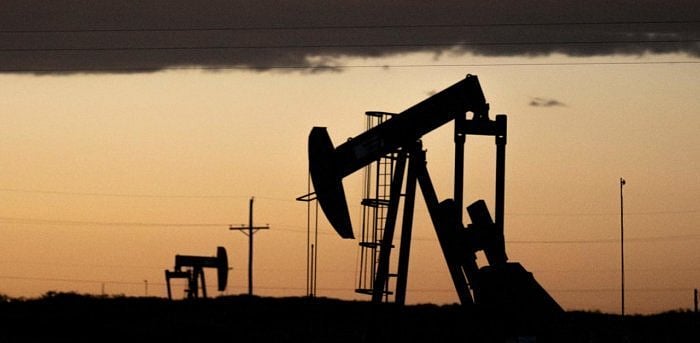
OPEC and Russia resume talks on Thursday in a bid to define policies for 2021 after an initial round of discussions this week failed to bring a compromise on how to tackle weak oil demand amid a second coronavirus wave.
The group of OPEC and allies, known as OPEC+, had been widely expected to roll over existing oil cuts of 7.7 million barrels per day, or 8 per cent of global supplies, at least until March 2021.
But after hopes for speedy approval of anti-virus vaccines spurred an oil price rally at the end of November, several producers started questioning the need to tighten oil policy, advocated by OPEC leader Saudi Arabia.
OPEC+ sources have said Russia, Iraq, Nigeria and the United Arab Emirates have all to a certain extent expressed interest in supplying the market with more oil in 2021.
"Things are heading towards a compromise," an OPEC delegate said. Two other sources were less optimistic, saying more talks were needed to overcome the differences.
"We understand that there has been tentative progress in discussions between OPEC+ members today and that ministers are inching closer to a compromise that should break the impasse," Energy Aspects said in a note.
Energy Aspects said it understood other options include rolling over existing cuts into January and then increased production by 1 million bpd in February-March and by another 1 million bpd in April.
OPEC+ has to strike a delicate balance between pushing up prices enough to help their budgets, but not so much that rival US output surges. US shale production tends to climb as prices rise above $50 a barrel.
Adding to the challenge within OPEC+, Moscow's finances can tolerate lower oil prices than Riyadh's. JP Morgan said in a note it estimated that additional production of 2 million bpd would cost OPEC+ $55 billion in lost revenues in 2021.